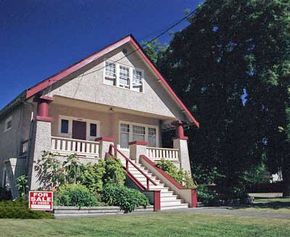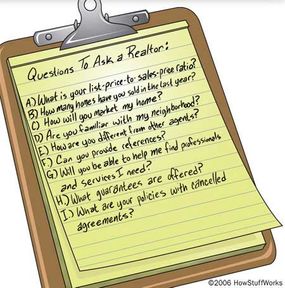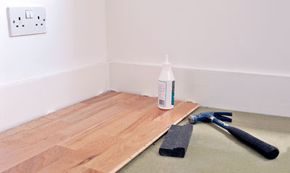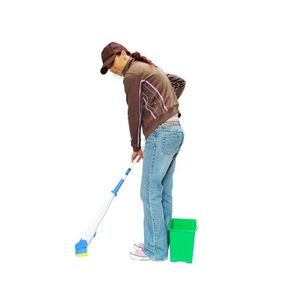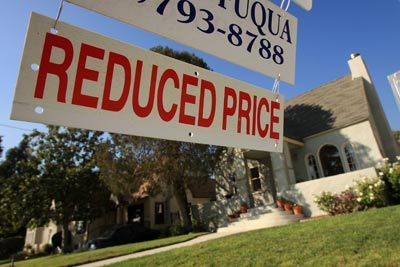Selling a house is a complicated process, no matter how good the real estate market is. Whether you’re a first-time home seller or not, you’ll probably have a bunch of questions. Do I need a real estate agent? What’s “closing”? How much paperwork am I going to have to fill out? How can I get the best price for my house? How can I sell my house and buy a new one at the same time?
In this article, you’ll learn the answers to all of these questions and more as we explain what “curb appeal” is and why an open house isn’t all it’s cracked up to be.
Advertisement
There are two main ways to sell your home -- with an agent or without one. Before we discuss and weigh each option, let’s go over some general tips that all sellers should know.
Knowing the value of your house and exercising patience and restraint are key. Get your home appraised; it’s worth the $250 to $500 price tag. In a good market, the sale price can be 10 percent to 15 percent above the appraisal. In a weaker market, the sale price may be around the appraisal figure. We’ll go over how to figure out your sale price in detail later in the article.
A home inspection is also important in avoiding complications during your sale. The seller will get an inspection, but discovering problems during a pre-sale home inspection allows you to have more control over how to handle them. If your home inspection does uncover problems with your home, it’s essential that you familiarize yourself with your state’s disclosure laws to avoid future litigation. These laws vary from state to state, but they generally require you to disclose, either verbally or in writing, the presence of any hazardous materials in your home or significant flaws in construction. If you’re unsure of what you have to disclose, consult a real estate agent, attorney or your local housing authority.
Remember, patience is key. Yes, it's true that realtors express concern that homes can go “stale” after being on the market for too long, meaning they are no longer attracting interest from buyers. But a stale sale usually results from a seller overvaluing his or her home. The opposite can also occur: in a rush to sell a home, or to sell in time so as to move into a new house, a home can be undervalued.
Finally, if you're able, try to put your home on the market as long as possible before buying a new one. Otherwise you may end up paying two mortgages, which can be difficult to afford. If you do end up finding a house that you can’t wait to buy before selling your own, you can ask your lender for a bridge loan. A bridge loan is a special type of loan that, if you have enough equity in your current home, allows you to pay the down payment on a new home. You may also be able to get a home equity loan in order to help with the dual mortgage payments. For more information, check out our article How Home Equity Loans Works.
Now that we’ve gone over some basic lessons for selling a home, it’s time to consider an old debate: Do I need a real estate agent or not?
Advertisement
